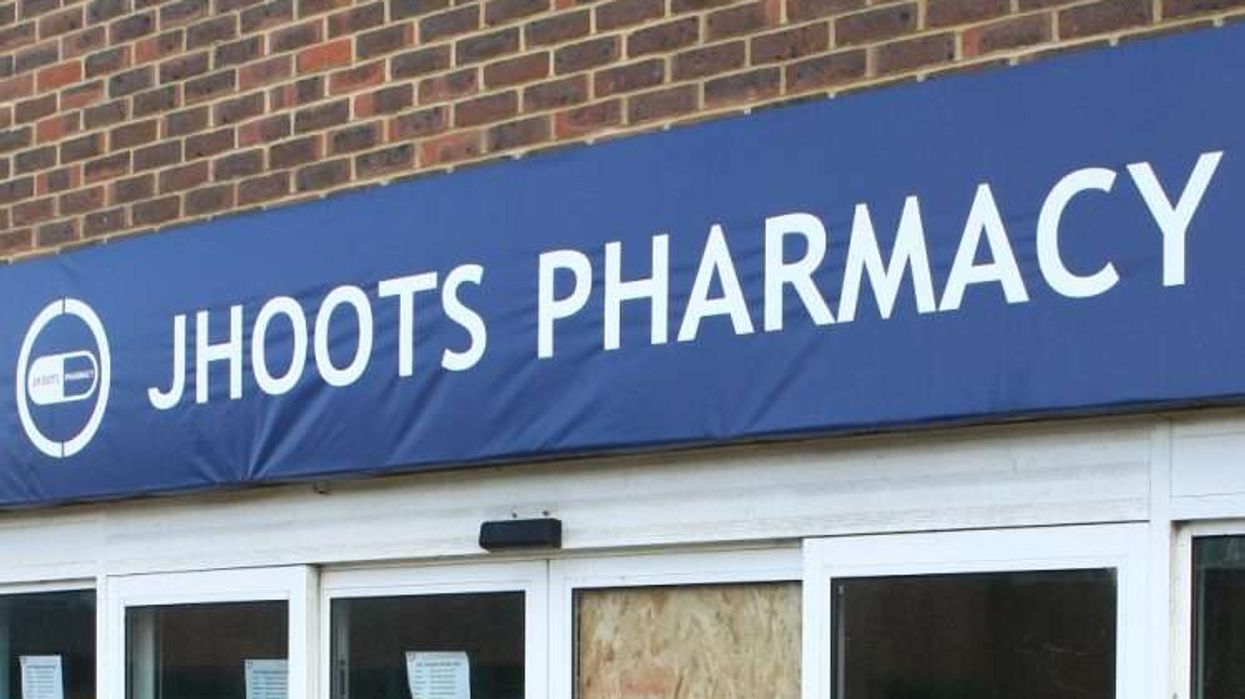Prime Minister Boris Johnson has unveiled a 'battle plan' to tackle the growing spread of Coronavirus in the UK.
Speaking at a press conference in 10 Downing Street today, the Prime Minister outlined the government’s four-point plan to "contain, delay, research, mitigate" the disease.
He said: “Let me be absolutely clear that for the overwhelming majority of people who contract the virus this will be a mild disease from which they will speedily and fully recover as we have already seen.
“But I fully understand public concern, your concern, about the global spread of the virus and it is highly likely that we will see a growing number of UK cases and that’s why keeping the country safe is the Government’s overriding priority, and our plan means we are committed to doing everything possible, based on the advice of our world-leading scientific experts, to prepare for all eventualities.”
The Prime Minister insisted that the UK was "ready to take necessary steps" to contain the disease and said "every possible preparation" was being made.
Speaking alongside Johnson, England’s Chief Medical Officer Professor Chris Whitty said: “Probably around one per cent of people who get this virus might end up dying,” and added that those with pre-existing medical conditions and the elderly were most at risk.
The government will launch a major public information campaign later this week, run from a "war room" in the Cabinet Office, setting out steps people can take to limit the spread of the virus, such as washing their hands regularly.
Johnson's office said it would also publish legislation in the coming weeks which would give the government necessary powers to prepare for and tackle the outbreak.
In a 27-page document unveiled today, the government warned that Britons could see, in a worse-case scenario, more troops on the streets, schools closed, sporting actions banned, NHS forced to delay non-urgent care and police forced to abandon low-leve crimes to maintain public order.
The plan says: “Action that would be considered could include population distancing strategies to slow the spread of the disease throughout the population, whilst ensuring the country’s ability to continue to run as normally as possible.”
In hospitals, non-urgent care and other procedures could be cancelled, and hospital discharges monitored to free up beds.
Hospital work shifts and staff rosters could also be altered and retirees called back to duty.
Since the strain of Coronavirus is new and people have a lack of immunity, there are concerns that the virus has the "potential to spread extensively."
The document also warns that "in a stretching scenario", it's possible that up to a fifth of employees in all sectors "may be absent from work during peak weeks."
The plan also includes the option of encouraging more home working and discouraging unnecessary travel as part of a strategy to delay the peak of the outbreak until later in the year when the weather is warmer and the health service is under less seasonal pressure.
This would also give more time for testing of drugs and development of vaccines, the government said.
Health Secretary Matt Hancock tweeted the government's plan this morning.
Speaking to a TV programme, Hancock said there were currently no plans for school closures or cancellation of events such as the London Marathon.
"There may be things that we have to do down the line that we may not want to, but we will need the powers to do that, hence proposing emergency legislation," he told BBC Breakfast today.
In a tweet, Chancellor Rishi Sunak demonstrated the importance of "washing our hands with soap and water for at least 20 seconds."
https://twitter.com/RishiSunak/status/1234795858509606913
The Chancellor said he had asked officials to draw up "further measures to support the public health response, businesses and the economy as needed" and would give an update when he presents his first budget to parliament on March 11.
The total number of coronavirus cases confirmed in the UK currently stands at 39.
(With input from Reuters)











